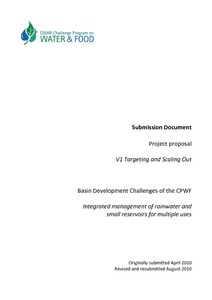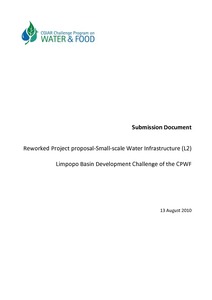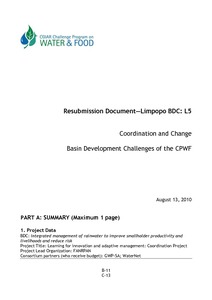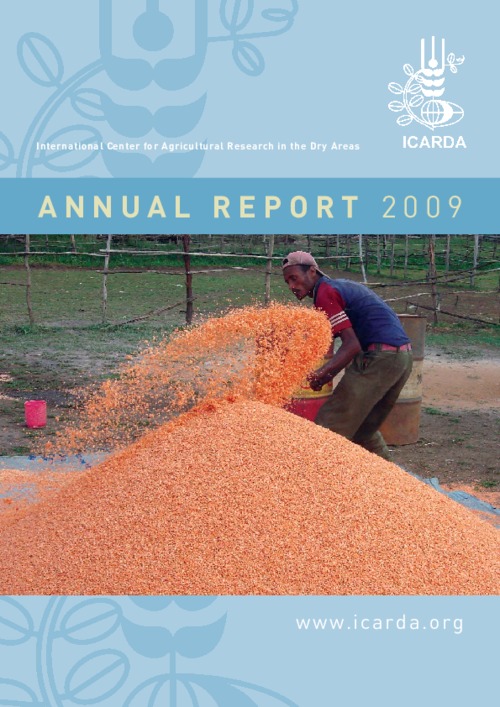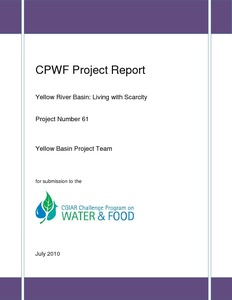Economic instruments for the sustainable management of Mediterranean watersheds
Problems of unsustainable watershed use in the Mediterranean areas (overgrazing, forest degradation and clearing, soil erosion, fires, etc.) often result from the reduced profitability of traditional land use systems, lack of clearly defined property rights, insufficient enforcement of existing rules, and lack of adequate economic instruments.


